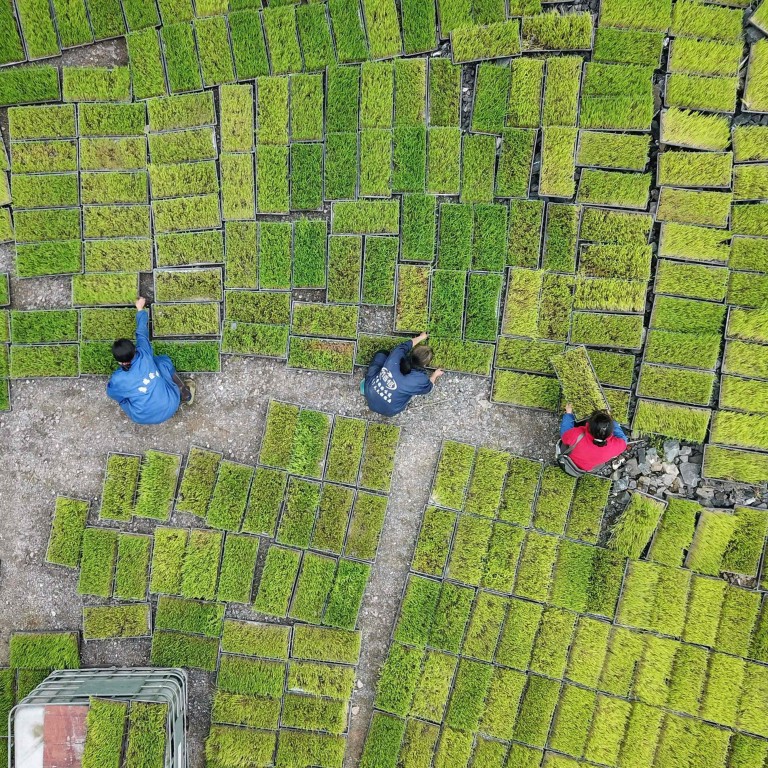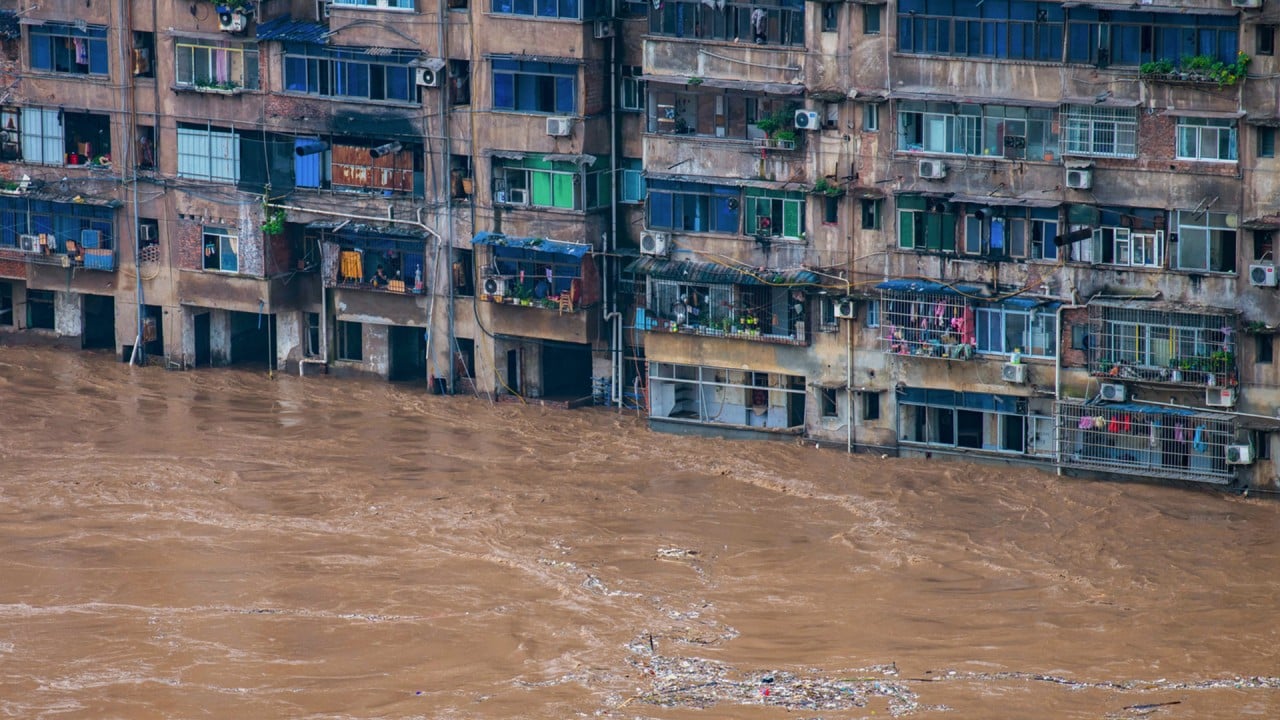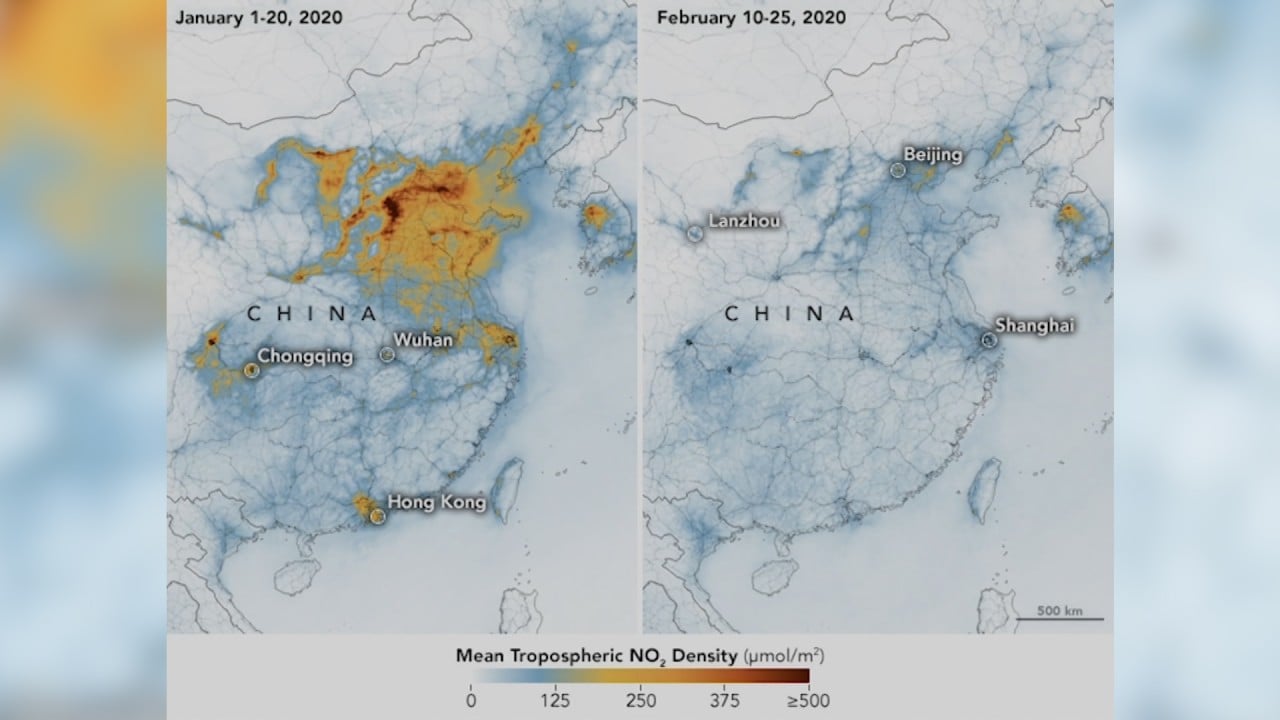
Chinese insurers are particularly vulnerable to climate-related losses, Moody’s says
- Insurers’ earnings and capital volatility will increase because losses linked to climate change are unpredictable, rating agency says
- Chinese insurance providers’ rising exposure especially to agriculture was of particular concern
Property and casualty insurers face increased volatility because of climate-related issues globally, according to Moody’s Investors Service, and Chinese insurance providers are particularly vulnerable because of their relatively low reinsurance coverage.
“Insurers’ earnings and capital volatility will increase because such losses tend to be unpredictable, and [they] are prone to mispricing risk as a result of climate change,” the rating agency said in a report published on Thursday. “Chinese insurers have lower catastrophe reinsurance coverage compared with global peers, which could exacerbate their potential capital strain.”
Reinsurance involves the transfer of risks exposure by insurers to other parties through agreements.
Hong Kong reports second-worst ever slump in insurance sales
Higher levels of decarbonisation will have implications for companies including insurers. About 27 per cent of 750 business leaders surveyed by Deloitte Touche Tohmatsu globally said the operational impact of climate-related disasters, such as damage to facilities and workforce disruption, was the biggest environmental sustainability issue already affecting or threatening their companies.
About 24 per cent of respondents to the poll, which was conducted in January and February this year, raised concerns about increased insurance costs or lack of availability of insurance.
Chinese insurers’ rising exposure to “non-motor” sectors, especially agriculture, was of particular concern, according to the Moody’s report, which was led by Kelvin Kwok. This was because of increasing economic losses from floods and storms, as well as the companies’ underinsuring of this exposure. Losses from climate-driven natural disasters totalled 370 billion yuan (US$56.7 billion) last year, 327 billion yuan in 2019 and 264 billion yuan in 2018, according to China’s National Bureau of Statistics.
‘Latte with your life cover?’ Virtual insurer opens coffee shop in Hong Kong
“Insurers have weak pricing autonomy over agriculture insurance because of the social functions it serves,” the report said, adding that government-guided premium rates meant insurers had limited ability to manage underwriting risks through timely repricing. Even so, Moody’s expected Chinese insurers to continue to expand such insurance coverage to meet state policy objectives, which encourage greater agricultural insurance use.
Agricultural insurance premiums grew at a compound average annual rate of 23 per cent between 2017 and last year, the agency said.
Faster decarbonisation stemming from President Xi Jinping’s commitment last November for carbon emissions to peak before 2030, and for China to achieve carbon neutrality by 2060, will also raise insurers’ investment risks, according to the rating agency.
Bank of East Asia to tap into AIA China power after sale of insurance unit
However, insurers’ direct bond and equity investments in carbon intensive sectors were relatively modest, at less than 5 per cent of their invested assets, as of the end of 2019, Moody’s said. It did not expect the Chinese insurers to substantially curtail such exposure in the next three to five years, because of policy incentives to avoid abrupt disruptions.
Still, their bonds and alternative investments in instruments issued by local governments have added to their indirect exposure. What is helping rebalance this exposure was Chinese insurers’ relatively high investment in the country’s green investments, which amounted to about 1 trillion yuan as of September 30 last year. This amounted to about 5 per cent of their invested assets, Moody’s said, based on data from the Insurance Asset Management Association of China.




